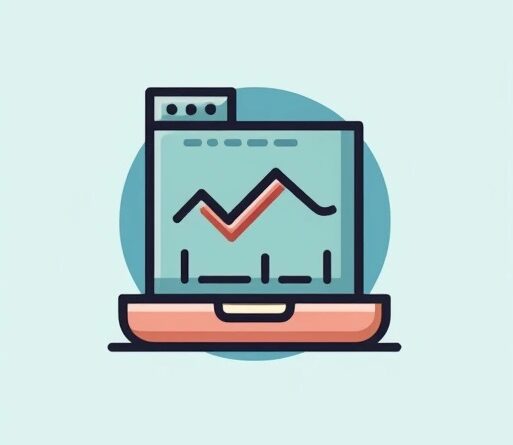Manufacturing: Significantly more orders for German industry in September
News Article: Mixed Economic Signals in German Industry and Housing Construction
Germany’s industrial and housing construction sectors experienced a mixed bag of outcomes in the recent economic data, showing both growth and challenges that could significantly impact various sectors over the coming months.
Industrial Orders Surge, But Volatility Looms
In September, industrial orders saw a significant 7.2% increase, primarily driven by large orders in sectors such as aerospace, ships, and trains. However, this growth was not uniform across all sectors. The automotive industry contributed positively with a 2.9% rise, whereas metal production and processing sectors witnessed declines. Excluding large orders, industrial orders showed a modest increase of 2.2%, indicating that this growth might not be sustainable without recurring large orders.
Production Declines Highlight Economic Uncertainty
Manufacturing production in October reflected a 1.0% month-on-month decline, with notable drops in energy production (-8.9%) and automotive production (-1.9%). This signals a challenging economic environment for these sectors, potentially leading to reduced revenue and operational challenges. The decline in energy production could be attributed to various factors including regulatory pressures and shifts in market demand.
Housing Construction Faces Chronic Crisis
The housing construction sector is experiencing a significant downturn, with 54% of companies reporting a lack of orders in November. This represents a rise from 49.9% in October, indicating a worsening situation. The ifo Institute’s survey highlights a growing concern about the chronic lack of orders, with a risk of a permanent gap in housing needs if the federal government does not implement new measures to boost construction. Current building permits correspond to only about 200,000 new apartments per year, far below the target of 400,000.
Economic Forecast Points to Slow Growth
The Organization for Economic Cooperation and Development (OECD) forecasts that Germany will have the lowest economic growth among industrialized countries in 2025, with an expected growth rate of only 0.7%. This slow growth could lead to cautious consumer behavior and investment decisions, affecting various sectors including energy, automotive, and housing construction.
Strategic Implications for Businesses
These developments present both challenges and opportunities for businesses operating in Germany. Companies in sectors showing growth, such as aerospace and ships, might see increased demand for their products and services. Conversely, sectors facing declines will need to adapt to changing market conditions and explore new strategies to maintain business levels.
Potential Strategic Moves
– Diversification: Companies could consider diversifying their products or services to cater to growing sectors like intermediate goods or international markets.
– International Expansion: There’s an opportunity for companies to focus more on international markets given the slight increase in orders from non-euro zone countries.
– Innovation in Energy and Automotive Sectors: Given the declines in energy production and automotive production, companies might innovate to meet future demands, potentially positioning themselves ahead of competitors.
Conclusion
While the short-term outlook suggests volatility and challenges, particularly in key sectors like energy and automotive, businesses have opportunities to adapt and innovate in response to these trends. The overall economic forecast points to a challenging environment, necessitating strategic foresight and agility from companies to navigate through the uncertain economic landscape.
This report highlights the need for continuous monitoring of economic indicators and adapting business strategies to remain competitive and resilient in the face of economic fluctuations.


